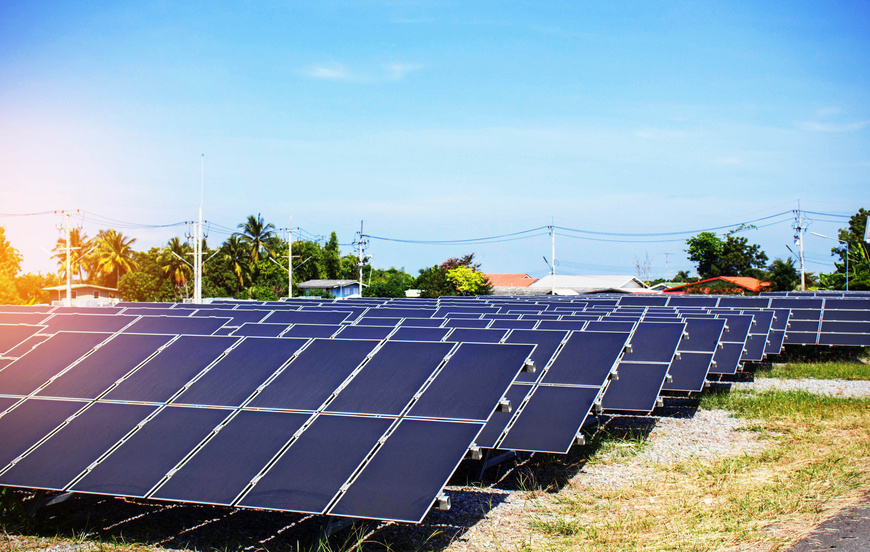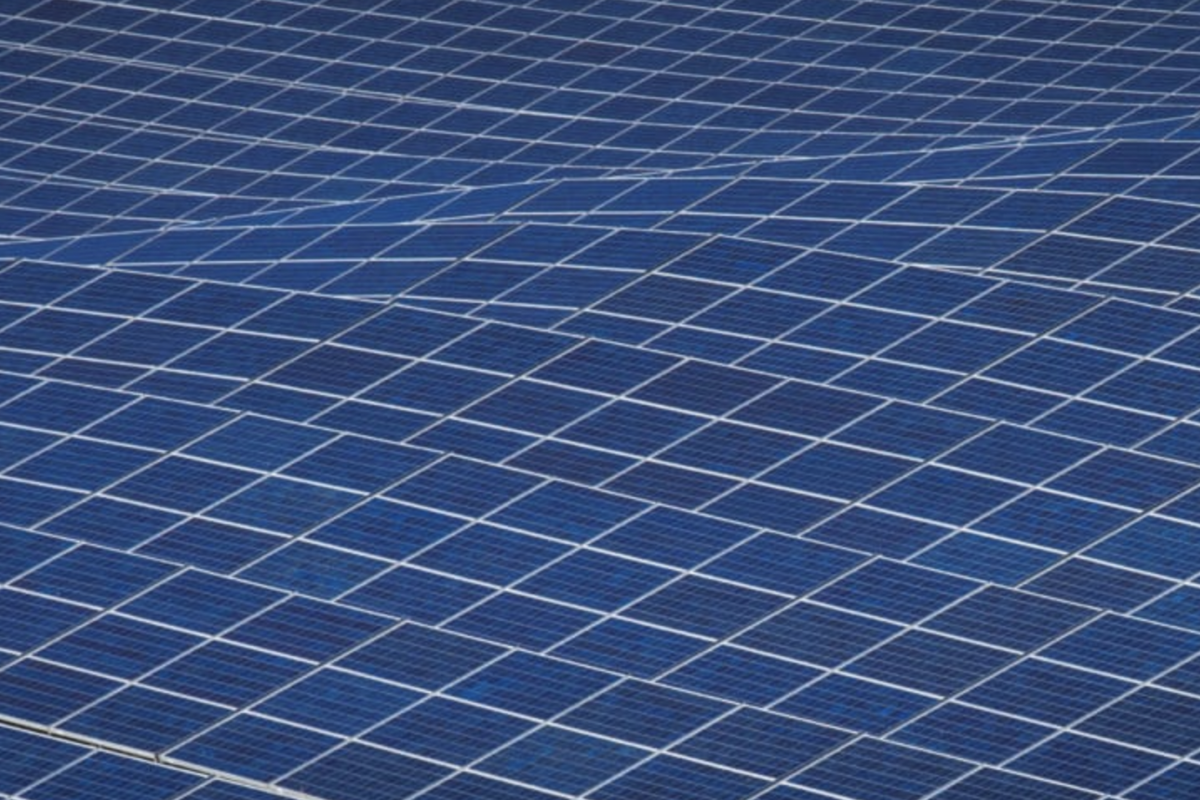In 2016, Spain saw the addition of new PV systems with a combined capacity of 55 MW, according to estimates released by Spanish solar association UNEF. Although last year’s result is slightly up from the 49 MW registered in 2015, UNEF finds that the current regulation for self-consumption, as well as the lack of a clear regulatory framework for the country’s energy auctions, is preventing solar energy from growing in line with other European countries.
The association also stressed that the capacity installed last year in Spain represents only 0.07% of the global solar power installed worldwide last year, estimated at 75 GW, according to data provided by the PV Market Alliance (PVMA).
UNEF has also blamed the solar tax for this limited growth. The current legislation for self-consumption, in fact, imposes charges on both existing and new installations, both on a capacity and generation level.
The Spanish government will hold an energy auction for renewable energy project in the first half of this year. Through the auction the government aims to allocate approximately 3 GW of renewable energy generation capacity.
This content is protected by copyright and may not be reused. If you want to cooperate with us and would like to reuse some of our content, please contact: editors@pv-magazine.com.



By submitting this form you agree to pv magazine using your data for the purposes of publishing your comment.
Your personal data will only be disclosed or otherwise transmitted to third parties for the purposes of spam filtering or if this is necessary for technical maintenance of the website. Any other transfer to third parties will not take place unless this is justified on the basis of applicable data protection regulations or if pv magazine is legally obliged to do so.
You may revoke this consent at any time with effect for the future, in which case your personal data will be deleted immediately. Otherwise, your data will be deleted if pv magazine has processed your request or the purpose of data storage is fulfilled.
Further information on data privacy can be found in our Data Protection Policy.